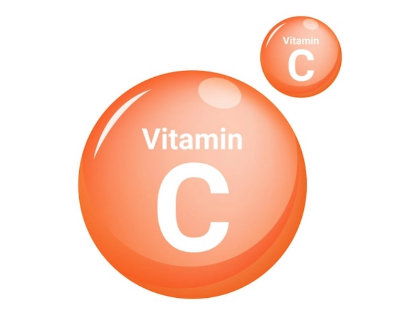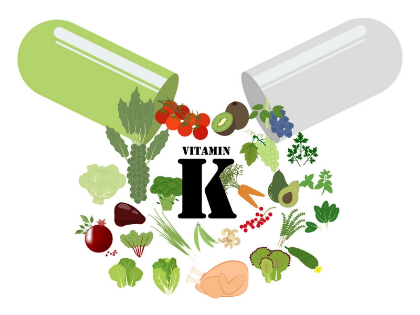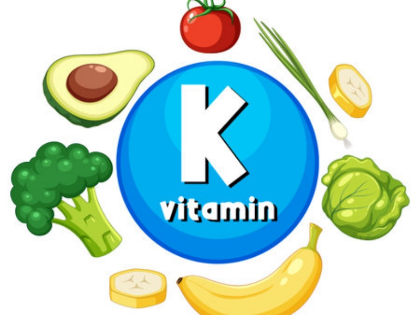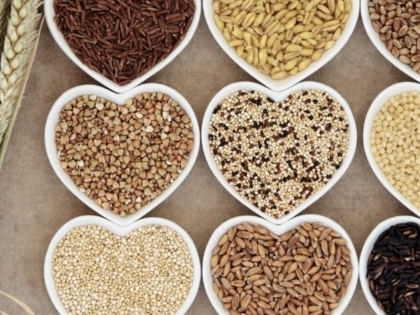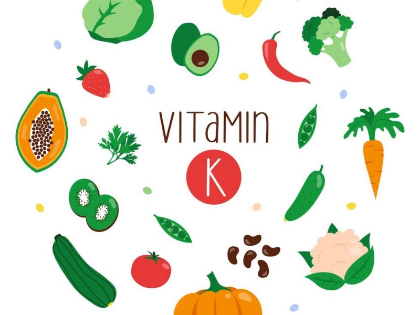How Broccoli Can Help You Achieve Overall Wellness Naturally
Advertisement
1. The Nutritional Powerhouse of Broccoli

Advertisement
 The great antioxidant content of broccoli is one of its strongest qualities. Antioxidants fight oxidative stress in the body, therefore preventing aging and chronic illnesses. Sulforaphane and other chemicals found in broccoli have been demonstrated to shield cells from harm. Broccoli's antioxidants help to lessen the risk of disorders including heart disease, diabetes, and some cancers by neutralizing free radicals, therefore fostering long-term health.
3. Maintaining Immune Function
The great antioxidant content of broccoli is one of its strongest qualities. Antioxidants fight oxidative stress in the body, therefore preventing aging and chronic illnesses. Sulforaphane and other chemicals found in broccoli have been demonstrated to shield cells from harm. Broccoli's antioxidants help to lessen the risk of disorders including heart disease, diabetes, and some cancers by neutralizing free radicals, therefore fostering long-term health.
3. Maintaining Immune Function
 General health depends on a robust immune system; hence, broccoli can be quite helpful in increasing immunity. Broccoli's strong vitamin C level helps white blood cells—which are vital for combating infections—to be produced more actively. Further supporting immune function are other minerals found in broccoli, including beta-carotene and zinc. Frequent broccoli intake helps strengthen your body's defenses against diseases, thereby enabling you to keep ideal health.
4. Advocating Gastronomic Health
General health depends on a robust immune system; hence, broccoli can be quite helpful in increasing immunity. Broccoli's strong vitamin C level helps white blood cells—which are vital for combating infections—to be produced more actively. Further supporting immune function are other minerals found in broccoli, including beta-carotene and zinc. Frequent broccoli intake helps strengthen your body's defenses against diseases, thereby enabling you to keep ideal health.
4. Advocating Gastronomic Health
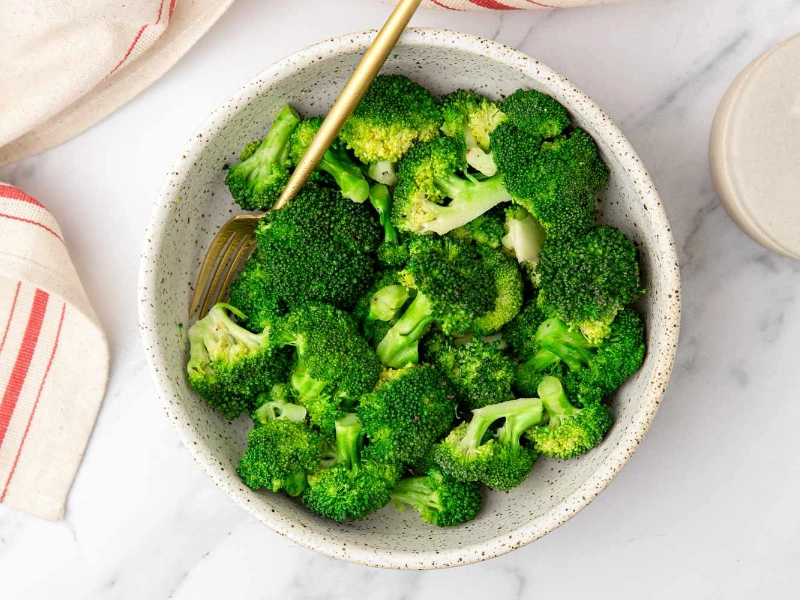 A good diet consists mostly of fiber; hence, broccoli is a great source. Through regular bowel motions and constipation prevention, dietary fiber helps digestion. Moreover, fiber is a prebiotic that nourishes the helpful gut flora. Absorption of nutrients and general digestive health depend on a good gut flora. Including broccoli in your meals helps you support a good digestive system and increase your general wellness.
5. Improved Heart Health:
A good diet consists mostly of fiber; hence, broccoli is a great source. Through regular bowel motions and constipation prevention, dietary fiber helps digestion. Moreover, fiber is a prebiotic that nourishes the helpful gut flora. Absorption of nutrients and general digestive health depend on a good gut flora. Including broccoli in your meals helps you support a good digestive system and increase your general wellness.
5. Improved Heart Health:
 Broccoli has various contributions to heart health. While potassium supports good blood pressure, the fiber count helps reduce cholesterol levels. Furthermore, lowering inflammation and oxidative stress—two risk factors for heart disease—are the antioxidants in broccoli. Regular intake of cruciferous vegetables such as broccoli has been linked to a reduced risk of cardiovascular problems; hence, this is a heart-friendly food for anyone trying to improve their natural wellness.
6. Support for Bone Health
Broccoli has various contributions to heart health. While potassium supports good blood pressure, the fiber count helps reduce cholesterol levels. Furthermore, lowering inflammation and oxidative stress—two risk factors for heart disease—are the antioxidants in broccoli. Regular intake of cruciferous vegetables such as broccoli has been linked to a reduced risk of cardiovascular problems; hence, this is a heart-friendly food for anyone trying to improve their natural wellness.
6. Support for Bone Health
 A major component of general health is bone strength; hence, broccoli can help much in this respect. Rich in vitamin K, it is vital for bone metabolism and preservation of bone density. Furthermore, helping bone health are the calcium and phosphorous in broccoli. This vegetable will help you avoid osteoporosis and other bone-related problems, so maintain strong and healthy bones as you get older.
7. Dealing with Weight
A major component of general health is bone strength; hence, broccoli can help much in this respect. Rich in vitamin K, it is vital for bone metabolism and preservation of bone density. Furthermore, helping bone health are the calcium and phosphorous in broccoli. This vegetable will help you avoid osteoporosis and other bone-related problems, so maintain strong and healthy bones as you get older.
7. Dealing with Weight
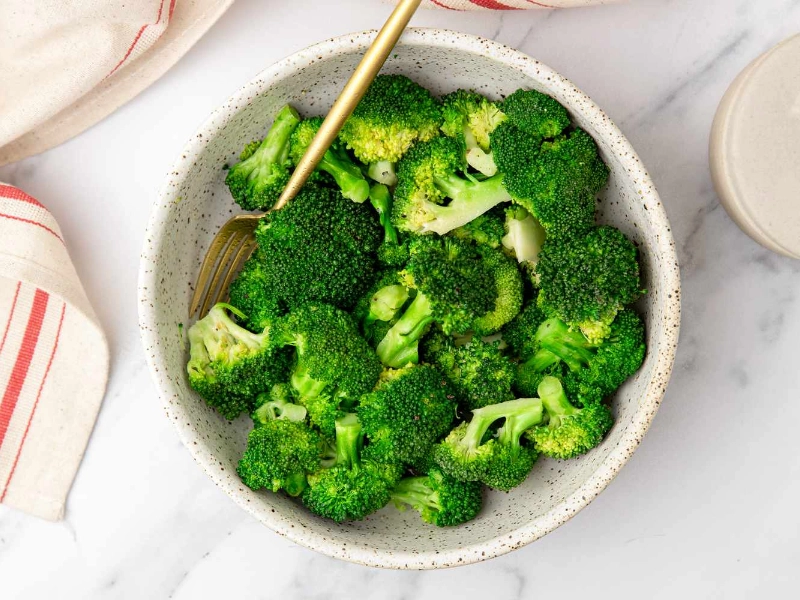 Broccoli is a great addition to a balanced diet for people trying to either gain or lose weight. Low in calories yet high in fiber, it makes you feel full longer and helps you be satisfied. This can help with weight control initiatives and cut calorie intake generally. Moreover, broccoli's nutrient richness allows you to have a filling dinner while still giving your body vital minerals and vitamins, thereby making it a wise decision for general health.
8. Broccoli's Health Benefits: Synopsis
Broccoli is a great addition to a balanced diet for people trying to either gain or lose weight. Low in calories yet high in fiber, it makes you feel full longer and helps you be satisfied. This can help with weight control initiatives and cut calorie intake generally. Moreover, broccoli's nutrient richness allows you to have a filling dinner while still giving your body vital minerals and vitamins, thereby making it a wise decision for general health.
8. Broccoli's Health Benefits: Synopsis
 Broccoli is, all things considered, a nutritious powerhouse that will enable you to naturally reach general wellness. Its great variety of vitamins, minerals, and antioxidants helps the immune system, digestive tract, heart, and bone strength. Its great fiber count also helps control weight, which makes it a flexible and useful complement to any diet. Regularly including broccoli in your meals will improve your health and well-being, so embrace the many advantages this amazing vegetable has to provide. One easy yet powerful approach to encourage a better lifestyle and reach long-term wellness is using broccoli as a main food item.
Broccoli is, all things considered, a nutritious powerhouse that will enable you to naturally reach general wellness. Its great variety of vitamins, minerals, and antioxidants helps the immune system, digestive tract, heart, and bone strength. Its great fiber count also helps control weight, which makes it a flexible and useful complement to any diet. Regularly including broccoli in your meals will improve your health and well-being, so embrace the many advantages this amazing vegetable has to provide. One easy yet powerful approach to encourage a better lifestyle and reach long-term wellness is using broccoli as a main food item.
Advertisement
Advertisement

